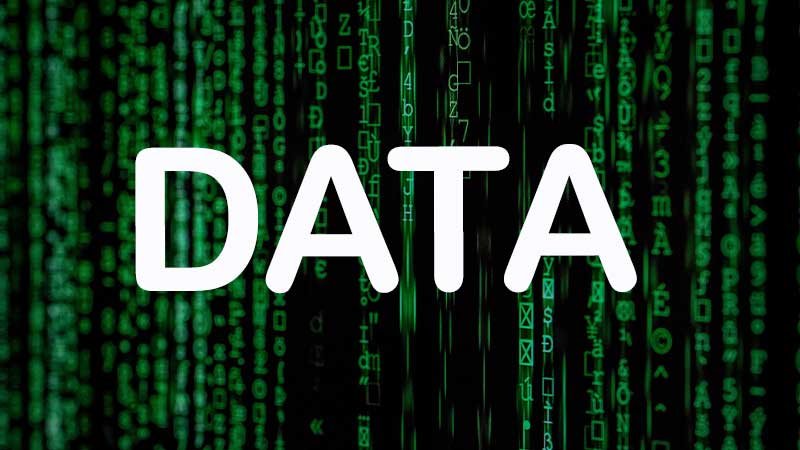Summary: In this Article, you’ll get to read about —
Ever wondered how a product suddenly unveils and you feel like it was just designed for you according to your needs? Well, the answer is simple: Businesses used your data to build it. Numerous organizations are in the habit of scraping data from the internet. Sometimes, they hire other web scrapers or buy data from them. Coincidently I scraped LinkedIn and got hold of a dataset containing 200,000 profiles.
Web scraping is the process of extracting information-based data from numerous websites and compiling it into a dataset that is used for research purposes. However, if we look at the legal aspect of web scraping, we are only able to scrape data from publicly available websites. Therefore, if users want to hide their digital footprint, they should consider using US Proxy, which is one of the best US proxies available.
Is your data worth it?
Possessing almost 200,000 LinkedIn profiles made me wonder: Was making a LinkedIn profile worth the time and effort? For them, maybe, but for me, not so much. After a few months, I was able to find a suitable buyer for the LinkedIn profiles and to my surprise, I was offered 2 USD per profile. I admit that I had 200,000 profiles and it meant 400,000 USD but still. A single LinkedIn profile is worth only 2 USD?
This got me thinking, a single profile takes years to mature as bits of information are inserted daily by the user with careful consideration and personalization. Most of the profiles have contact information such as mobile number, email, address, or even their workplace address. Even then a single profile is only worth 2 USD.
What’s Useful in Those Profiles
Before handing over the data to the buyer, I asked him about the usefulness of the data. He explained to me that only their interests on LinkedIn and their income were important to them, the rest of the information was useless. They also planned to de-link certain sensitive elements from the dataset so that there are no chances of malicious activity based on the information.
To me, their intentions seemed alright as they were only considering the non-sensitive information from the scraped profiles. If I look ethically, I would label myself as an unethical web scraper who extracts information to build datasets and simply sells them to the highest bidder.
I merely asked out of curiosity, otherwise, I had no concern of who people might end up using the data. I personally like web scraping, but after finding out that almost every profile has some contact information it has changed my whole outlook on extracting information. Maybe next time I will adjust my web crawler to not include contact information particularly.
About the Sensitive Information
While web scraping from websites, there are cases where web scrapers have come across even more sensitive information of users, such as bank account information, credit card information, etc. The comprehensive dataset that will come into existence will be enough to exploit numerous users and also can be used to generate personality profiles with real information about the individual.
Therefore, users need to use a secure and encrypted method to surf the internet, such as a US proxy. This helps them mask their identity while accessing certain websites, all the information they enter on the website will not be stored, limiting the chance of extraction by web crawlers.
You can also: Learn Why Your Company’s Data Safety Is Very Important
Everybody is a Web Scraper Now
Nowadays, everyone has become a web scraper. Name any business or organization, they are either scraping data or buying scraped data. Big social media platforms such as Facebook, Instagram, or Twitter are also in the habit of using scraped data of their users. However, the way they utilize the data is different. Such as Facebook uses the data of its users as demographic variables, where they let interested users, corporations, or certain businesses target ads to generate revenue.
This, however, is a different method of selling scraped data. Facebook only gives access to a limited amount of data based on the budget of the user. This flexibility is beneficial for the user as they do not have to pay a heavy amount of money to obtain large chunks of data. They just have to define their desired variables and Facebook will target the audience on their behalf.
Hackers and Web Scraping
Hackers have also become fond of web scraping because they like exploiting vulnerabilities and web scraping can extract data for them that can make their job easier. Hackers are more interested in personal information that can be used to extort the owner. Internet users who do not use a US proxy to secure their internet surfing become the target.
With the personal information gained from web scraping, hackers can run credit card frauds or personality impersonation by building credible personality profiles on individuals. Therefore, this is a security concern, and people should take special care in using personal information over the internet.
Conclusion
Web scraping is a useful tool to extract data but sometimes, personally identifiable information is also scraped. People who own their data are the only ones who know about its worth. Otherwise, to web scrapers and hackers it’s just 2 USD for a profile. It’s high time that people understood that they are sold to advertisers very cheaply. Therefore, entering personal information on the internet should be avoided or people should use internet proxies to hide their digital footprint on the internet to be safe.



